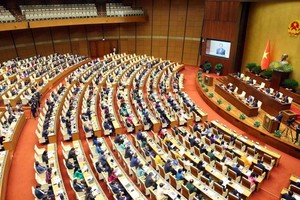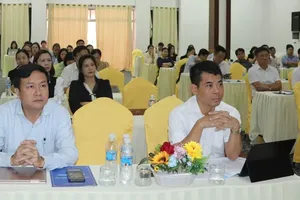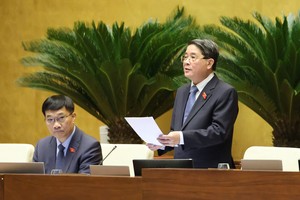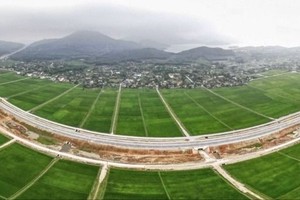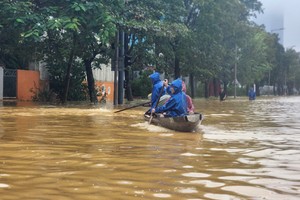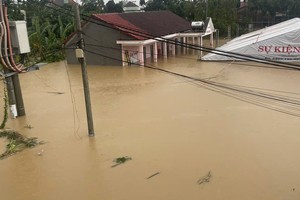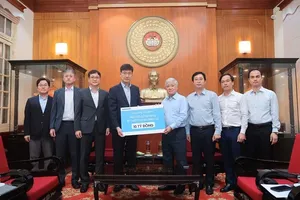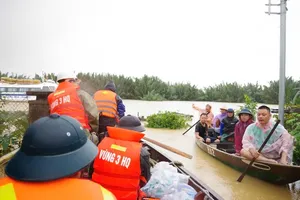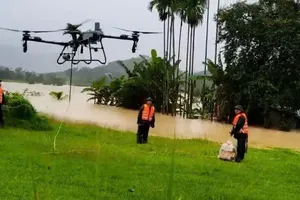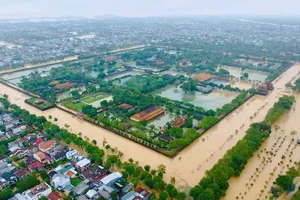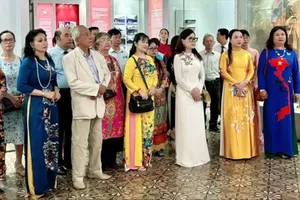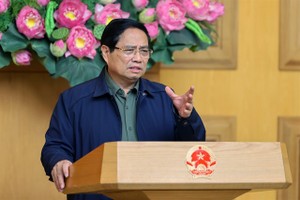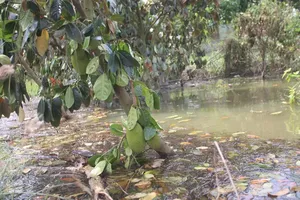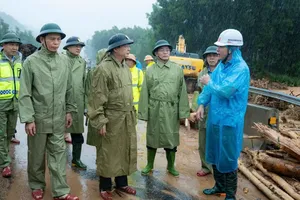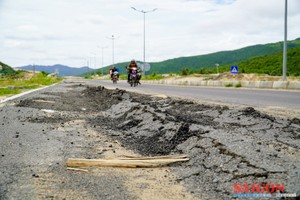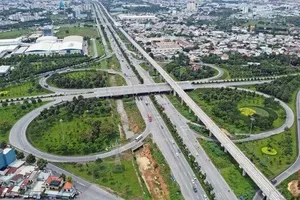The International Development Association (IDA) of the World Bank has announced a support of SDR2.8 billion (equivalent to about US$4.2 billion) to Vietnam for the period 2012-2016.
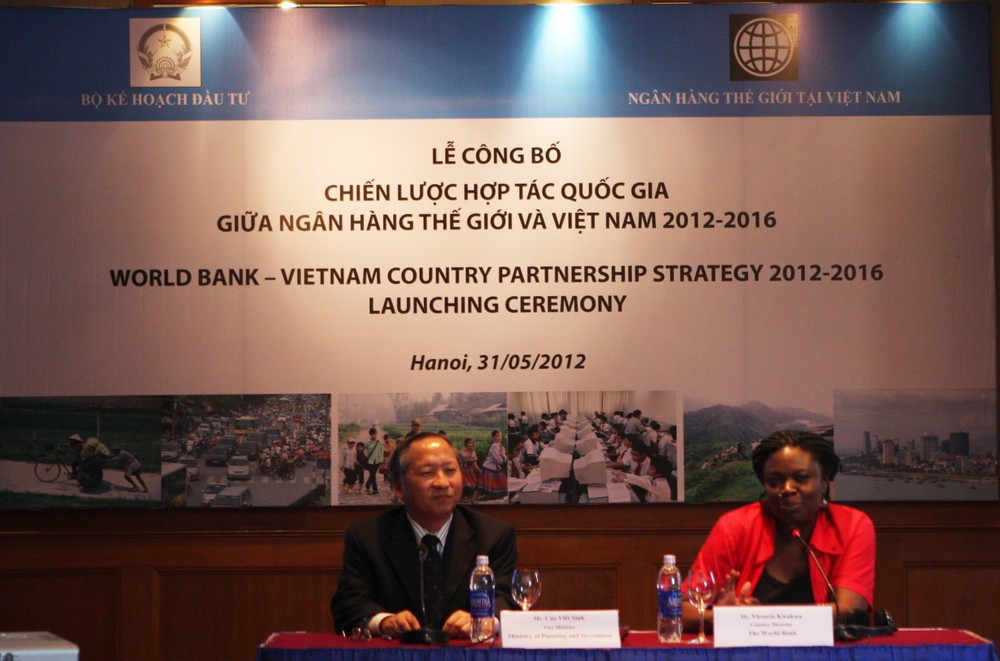
The announcement was made on May 31 when World Bank and Vietnam’s Ministry of Planning and Investment launched the new Country Partnership Strategy (CPS) for Vietnam, in which it outlines a strategic direction for the World Bank’s engagements in Vietnam from 2012 to 2016.
This will be Vietnam’s largest IDA allocation and reflects Vietnam’s strong performance as well as an increase in IDA resources overall.
Vietnam will also have access to IBRD resources, proposed to be around US$770 million through mid-2014.
Increasing competitiveness, sustainability and access to opportunity are key pillars of the new strategy, cross-cutting governance, gender, and resilience.
The new strategy will support reforms and investments vital to Vietnam’s transition to a successful middle income country.
The CPS is aligned with Vietnam’s Socio-Economic Development Strategy (SEDS) 2011-2020, and Socio Economic Development Plan (SEDP) 2011-2015, which focuses on structural reforms, environment sustainability, social equality, and emerging issues of macro-economic stability.
It will support investments, programmes and advisory services organised in a strategic framework of three pillars and three cross-cutting themes.
The pillars will strengthen Vietnam's competitiveness in the regional and global economy including economic management and business environment, quality and efficiency of infrastructure services, innovation and value addition; enhance sustainability of its development; and broaden access to social and economic opportunities for poor and hold resilience to shocks as well as basic public service delivery and access.
The cross-cutting themes will strengthen governance, promote gender equality, and improve resilience in the face of external economic shocks, natural hazards, and the impact of climate change.
The CPS also gives significant attention to results. It aims to achieve more timely delivery of results from the World Bank’s financing including through the use of simpler result-based financing instruments and through accelerated implementation.
Since re-engaging with Vietnam in 1993, the World Bank has provided nearly US$14 billion to help the country sustain growth and fight poverty.
